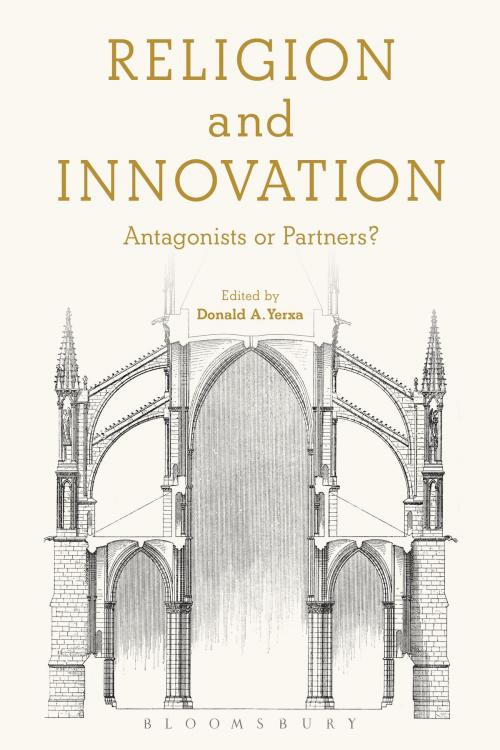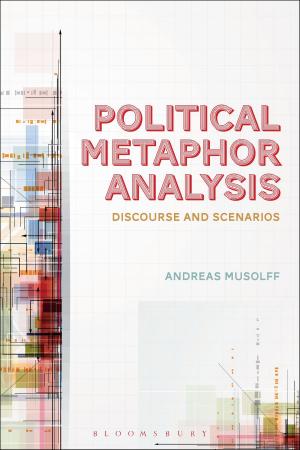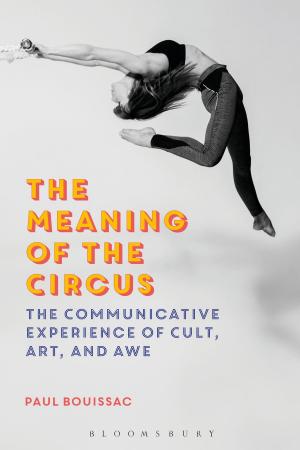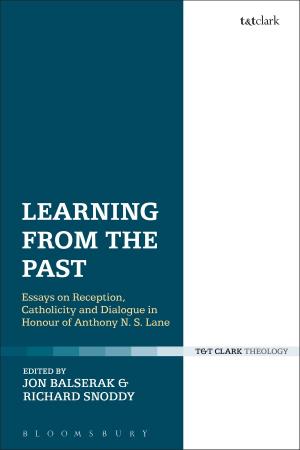Religion and Innovation
Antagonists or Partners?
Nonfiction, Social & Cultural Studies, Social Science, Sociology, Marriage & Family, Religion & Spirituality, Reference, History| Author: | ISBN: | 9781472591005 | |
| Publisher: | Bloomsbury Publishing | Publication: | December 17, 2015 |
| Imprint: | Bloomsbury Academic | Language: | English |
| Author: | |
| ISBN: | 9781472591005 |
| Publisher: | Bloomsbury Publishing |
| Publication: | December 17, 2015 |
| Imprint: | Bloomsbury Academic |
| Language: | English |
It is often assumed that religion is the backward-looking servant of tradition and the status quo, utterly opposed to the new. This refrain in so much of recent polemical writing has permeated the public mind and can even be found in academic publications. But recent scholarship increasingly shows that this view is a gross simplification - that, in fact, religious beliefs and practices have contributed to significant changes in human affairs: political and legal, social and artistic, scientific and commercial. This is certainly not to say that religion is always innovative. But the relationship between religion and innovation is much more complex and instructive than is generally assumed.
Religion and Innovation includes contributions from leading historians, archaeologists, and social scientists, who offer findings about the relationship between religion and innovation. The essays collected in this volume range from discussions of the transformative power of religion in early societies; to re-examinations of our notions of naturalism, secularization, and progress; to explorations of cutting-edge contemporary issues.
Combining scholarly rigor with clear, accessible writing, Religion and Innovation: Antagonists or Partners? is essential reading for anyone interested in the history of religion and the ongoing debates about its role in the modern world and into the future.
It is often assumed that religion is the backward-looking servant of tradition and the status quo, utterly opposed to the new. This refrain in so much of recent polemical writing has permeated the public mind and can even be found in academic publications. But recent scholarship increasingly shows that this view is a gross simplification - that, in fact, religious beliefs and practices have contributed to significant changes in human affairs: political and legal, social and artistic, scientific and commercial. This is certainly not to say that religion is always innovative. But the relationship between religion and innovation is much more complex and instructive than is generally assumed.
Religion and Innovation includes contributions from leading historians, archaeologists, and social scientists, who offer findings about the relationship between religion and innovation. The essays collected in this volume range from discussions of the transformative power of religion in early societies; to re-examinations of our notions of naturalism, secularization, and progress; to explorations of cutting-edge contemporary issues.
Combining scholarly rigor with clear, accessible writing, Religion and Innovation: Antagonists or Partners? is essential reading for anyone interested in the history of religion and the ongoing debates about its role in the modern world and into the future.















